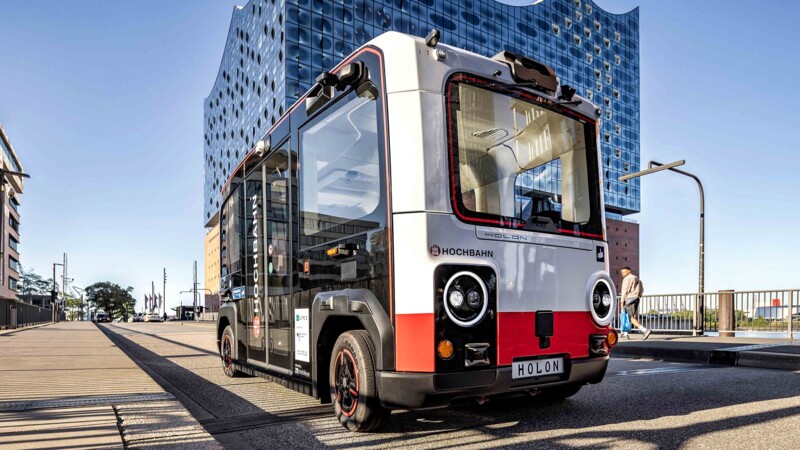"Germany's cities are making great strides in digitalisation," said Ralf Wintergerst, President of Bitkom. Hamburg topped the IT and communication category with 95.7 points and came second in the transport, society and education categories respectively. Smart cities noticeably improve the standard of living, e.g., through efficient and citizen-centred administration, diverse transport options and improved environmental and climate protection.
Hamburg ranked second in Bitkom’s Smart City Index for the third consecutive year. Munich leads the way with 90.2 out of 100 points followed by Hamburg with 89.6 and Stuttgart with 88 points. A total of 83 cities with 100,000 inhabitants were analysed in the following categories: administration, IT and communication; energy and environment, transport society and education.
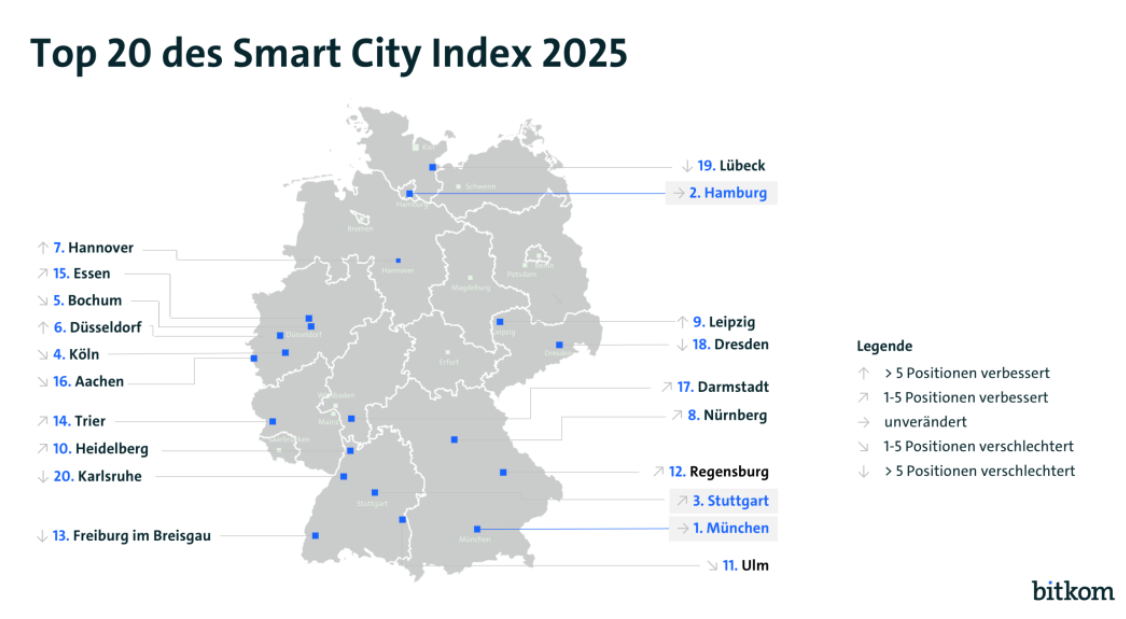
Hamburg tops IT and communication category
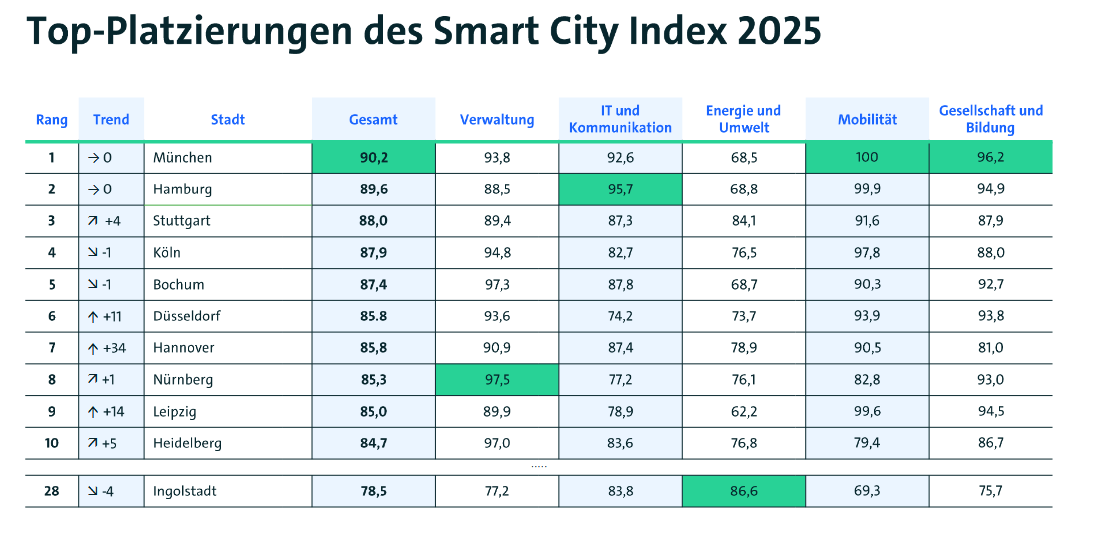
Leading by example
Hamburg's smart city dashboard and open data portal, as well as the urban data platform for networking smart city stakeholders, were highlighted. "We need to do more to boost established digital solutions and make them widely available," said Wintergerst. The Smart City Index presents a number of best practice examples such as the Hamburg Quantum Computing (HQC) project which aims to develop software and hardware solutions for quantum computers by 2031.
ja/sb
Sources and further information
More
Similar articles
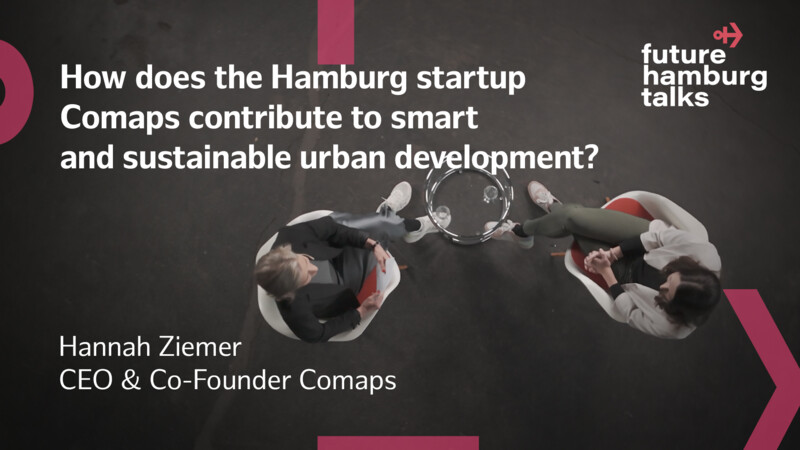
Future Hamburg Talks meets ... Hannah Ziemer, CEO of Comaps
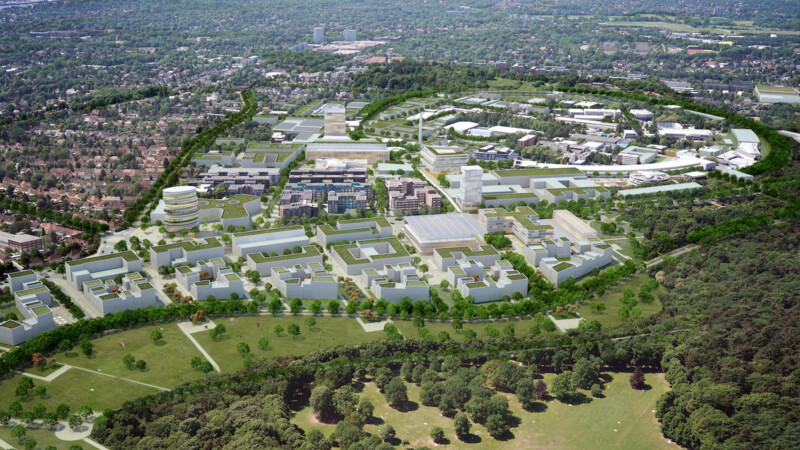
Innovation gaining pace in Hamburg

